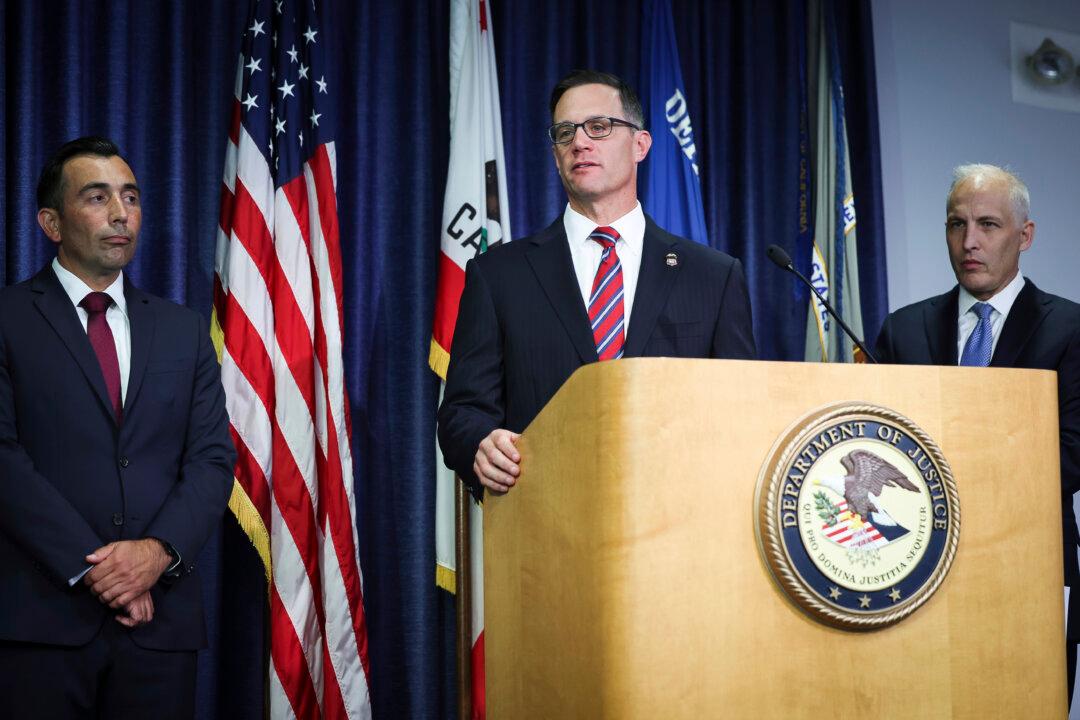Federal prosecutors arrested two Navy sailors on Aug. 3, accusing them of passing along sensitive military information to China and undermining U.S. national security.
Wei Jinchao, who also goes by Patrick Wei, was indicted for conspiracy to send national defense information to a Chinese intelligence officer and arrested on Aug. 2 after reporting to work at Naval Base San Diego, homeport of the Pacific Fleet.





